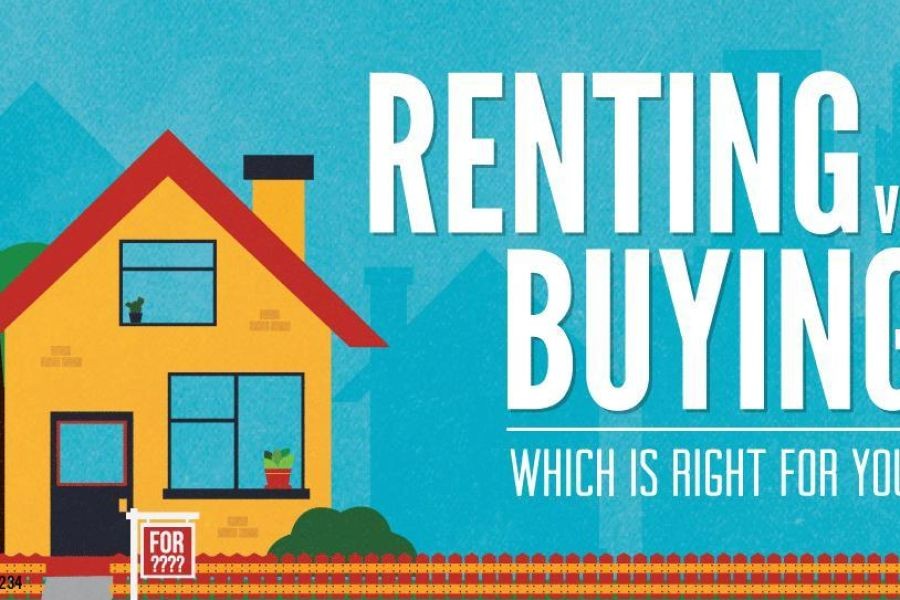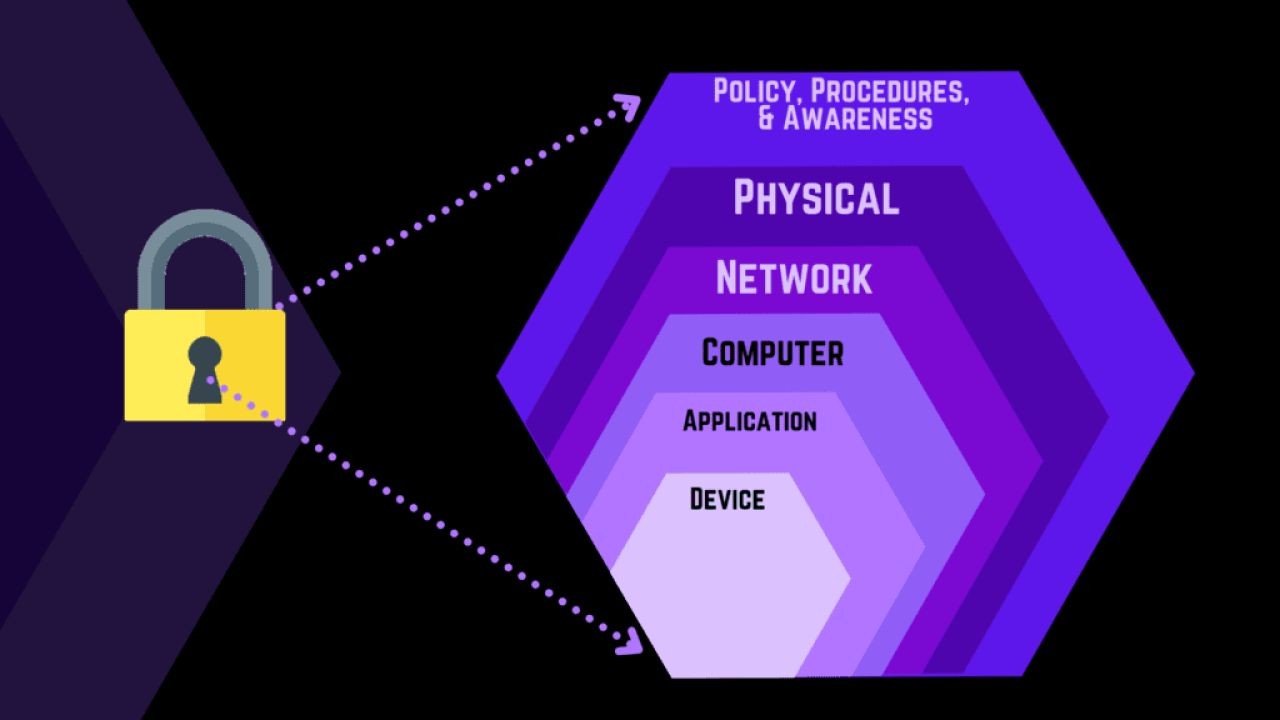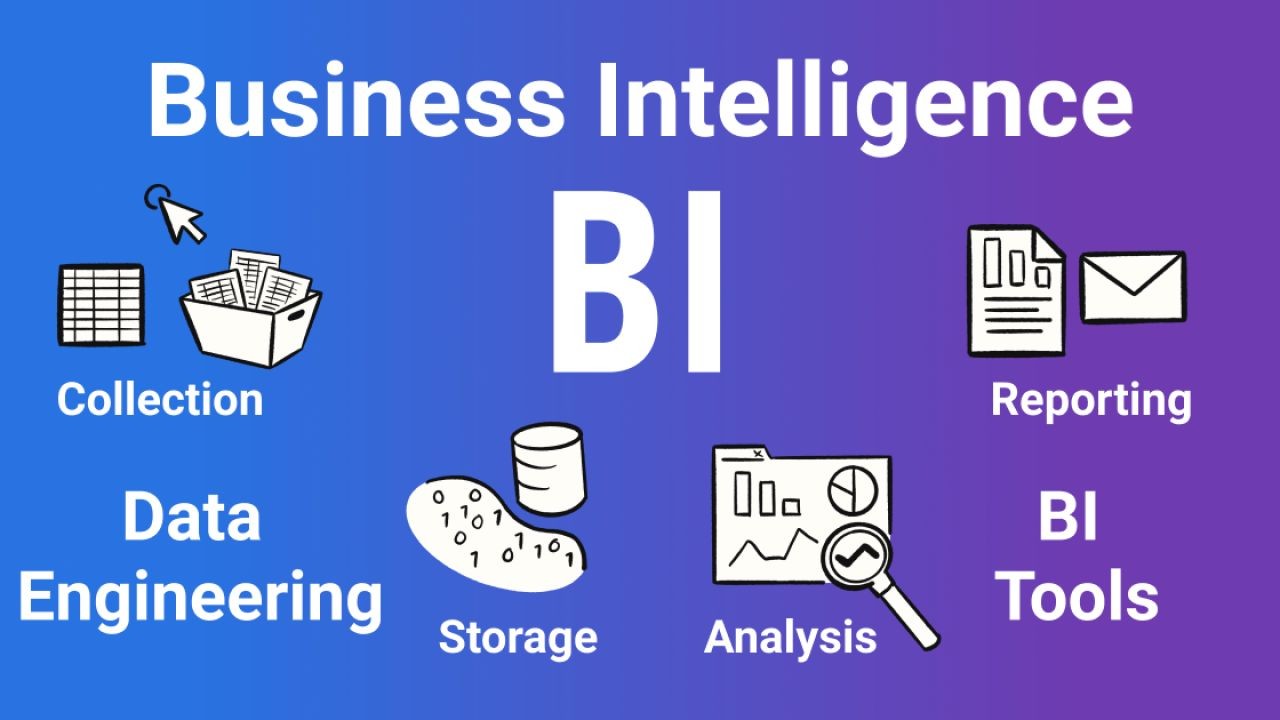In the ever-evolving landscape of Australia's housing market, the decision between buying a home and renting is more crucial than ever. The country's real estate market has seen dramatic shifts in recent years, making this choice a pivotal one for many Australians. With housing prices fluctuating and rental markets tightening, understanding the financial implications of each option is essential for making informed decisions. This article aims to dissect the pros and cons of both paths, backed by data and expert insights, to help you navigate this complex decision.
Understanding the Australian Housing Market
Australia's housing market has experienced significant changes, marked by a blend of soaring property prices and fluctuating rental demands. According to the Australian Bureau of Statistics (ABS), the median house price in Sydney was around AUD 1.2 million in 2023, reflecting a steep increase over the past decade. Meanwhile, rental prices have also climbed, with cities like Melbourne and Brisbane experiencing rental hikes of over 5% annually. This dynamic has left many potential homeowners and renters pondering the best financial route.
The Financial Impact of Buying a Home
Purchasing a home can be a lucrative investment, offering potential long-term financial gains. Homeownership provides stability and the potential for property value appreciation. The Reserve Bank of Australia (RBA) notes that owning property can act as a hedge against inflation, protecting wealth over time. However, it's not without its challenges. Upfront costs, including deposits, stamp duty, and legal fees, can be significant, often exceeding 20% of the property's value. Additionally, mortgage interest rates, influenced by RBA policies, can impact affordability, especially in a volatile economic climate.
Why Renting Might Be the Right Choice
Renting offers flexibility and minimal upfront costs, making it an attractive option for many. It allows individuals to live in desirable locations without the financial burden of homeownership. The Australian Prudential Regulation Authority (APRA) highlights that renting can be financially advantageous in markets where property prices outpace income growth. Moreover, renters avoid maintenance costs and property taxes, which can be substantial. However, renting lacks the potential for investment returns, as monthly payments contribute to a landlord's equity rather than building one's own.
Case Study: The Sydney Property Dilemma
In Sydney, where property prices have consistently risen, the decision between buying and renting has been particularly challenging. A local couple faced a dilemma: with a combined income of AUD 180,000, they sought to purchase a home. However, the high deposit requirements and mortgage repayments were daunting. Instead, they opted to rent a two-bedroom apartment in the inner city for AUD 3,500 a month. This choice allowed them to save and invest in other assets, achieving a diversified financial portfolio. This case exemplifies how renting can offer financial flexibility in high-cost markets.
Pros and Cons Analysis
Understanding both sides of the equation is crucial for making an informed decision. Here's a breakdown of the advantages and disadvantages of buying versus renting in Australia:
Pros of Buying
- Equity Building: Homeownership allows for the accumulation of wealth over time.
- Stability: Provides long-term housing security free from rental market fluctuations.
- Tax Benefits: Mortgage interest deductions can offer significant tax advantages.
Cons of Buying
- High Initial Costs: Requires a substantial financial commitment upfront.
- Market Risks: Property values can fluctuate, impacting investment returns.
- Maintenance Costs: Homeownership comes with ongoing financial responsibilities.
Pros of Renting
- Flexibility: Easier to relocate without the constraints of selling a property.
- No Maintenance Costs: Landlords are responsible for property upkeep.
- Lower Upfront Costs: Avoids large deposits and transaction fees.
Cons of Renting
- Lack of Equity: Rent payments do not contribute to personal wealth building.
- Potential Rent Increases: Subject to market-driven rental hikes.
- No Tax Benefits: Renters miss out on potential tax deductions available to homeowners.
Common Myths & Mistakes
Several misconceptions can cloud judgment when deciding between buying and renting. Here are some common myths and the realities behind them:
- Myth: "Buying is always a better investment than renting." Reality: In markets with high property prices, renting can be more financially viable. According to CoreLogic, in some Australian cities, renting can save up to 30% compared to buying.
- Myth: "Renting is throwing money away." Reality: Renting provides flexibility and financial freedom, which can be advantageous for those prioritizing mobility or investment in other areas.
- Myth: "House prices always go up." Reality: While property values generally appreciate over time, market corrections can occur, as seen in the 2017-2019 downturn in several Australian cities.
Future Trends & Predictions
The housing market in Australia is poised for change, driven by economic factors, policy shifts, and demographic trends. The RBA anticipates interest rates to stabilize, potentially influencing borrowing costs. Moreover, urbanization trends and government incentives for first-time buyers could impact demand dynamics. By 2026, technological advancements in real estate, such as virtual property tours and AI-driven market analysis, are expected to further transform the industry.
Conclusion
Choosing between buying a home and renting in Australia requires careful consideration of financial, personal, and market factors. While homeownership offers potential equity growth, renting provides flexibility and lower initial costs. By understanding the intricacies of each option and analyzing current market conditions, individuals can make informed decisions that align with their financial goals and lifestyle preferences. Whether you choose to buy or rent, staying informed and adaptable will be key in navigating Australia's dynamic housing market.
People Also Ask
- How does renting compare to buying in terms of long-term financial benefits? Renting offers flexibility and lower upfront costs, while buying can lead to equity growth and tax benefits over time.
- What are the biggest misconceptions about buying a home? One common myth is that property values always increase. However, market fluctuations can affect long-term investment returns.
Related Search Queries
- Is it cheaper to rent or buy in Sydney?
- Benefits of renting vs. buying a home
- Australian housing market trends 2024
- Pros and cons of homeownership in Australia
- Impact of interest rates on mortgages in Australia

































Grupo Josvil
9 months ago